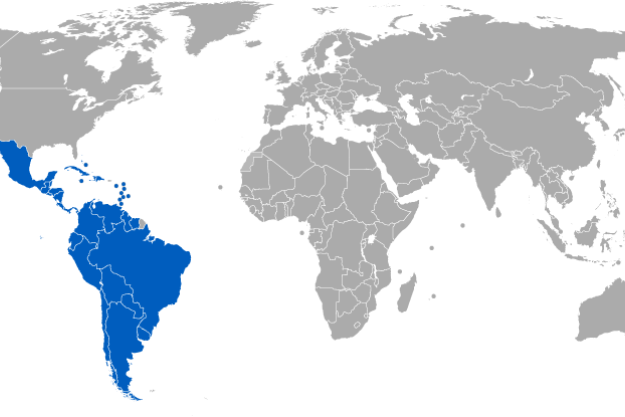
On 22 and 23 May 2006, forty representatives of National Authorities of States Parties implementing the Chemical Weapons Convention in Latin America and the Caribbean convened their Seventh Meeting, hosted by the Ministry of Foreign Affairs of Mexico. The Dominican Republic, which has signed but has yet to ratify the Chemical Weapons Convention, also joined the meeting.
The Minister of Foreign Affairs of Mexico, H.E. Luis Ernesto Derbez; the Director-General of the Organisation for the Prohibition of Chemical Weapons, Ambassador Rogelio Pfirter; and H.E. José Antonio Arróspide, Permanent Representative of Peru to the OPCW and Chairman of the Conference of States Parties, addressed the opening ceremony.
In his opening remarks, Minister Derbez reiterated Mexico’s commitment to general and complete disarmament and to the full and effective implementation of the Chemical Weapons Convention. He described the progress made by Mexico in this regard and indicated that his country’s draft implementing legislation is undergoing its final review before submission to Congress. Minister Derbez expressed the willingness of Mexico’s National Authority to share with others the knowledge and experience it has accumulated in the process of implementing the Chemical Weapons Convention.
On behalf of the OPCW, Director-General Pfirter thanked the Mexican authorities for their unfailing commitment to the Convention and its goals, as well as for Mexico’s invaluable and generous support of the OPCW and the Seventh Regional Meeting. He provided the National Authorities an overview of the status of the Convention’s implementation and briefed participants on the results of the recent session of the Executive Council. The Director-General stressed the importance of actively engaging industry and other sectors, such as customs services, in the process of national implementation.
Ambassador Arróspide reminded participants of the decisions taken by the Conference of States Parties regarding Article VII implementation, which specified actions and timelines for the full and effective national application of the Convention. In this regard, he also referred to the approaching Second Review Conference and the tenth anniversary of the entry into force of the Convention.
During the meeting, the National Authorities identified further steps each State Party needs to take in order to implement its Article VII obligations. National requests for implementation support and offers of such support were reviewed, in particular to facilitate establishing and operating an effective National Authority and to draft implementing legislation.
Over sixty consultations on implementation-related matters were conducted on the second day of the meeting. Bilateral consultations among National Authorities were held, as well as consultations between National Authority representatives, the Facilitator for the consultations on national implementation-related matters —H.E. Maarten Lak, Permanent Representative of the Netherlands to the OPCW— and officials from the Technical Secretariat. The National Authorities of Spain and the United States attended the meeting as observers.
During the Meeting, the National Authority of Mexico presented its cooperation programme aimed at providing support on national implementation efforts in Central America. The National Authority of Spain offered to annually host basic or advanced courses for the benefit of Spanish-speaking National Authorities. The first such course will take place in Madrid, Spain from 3 to 13 July 2006. In addition, the National Authority of Spain indicated that they will also annually host training courses on assistance and protection. They are willing to actively participate in the National Authority Exchange Programme and be host to other National Authorities that could benefit from the Spanish experience. Spain is willing to provide, upon request, bilateral technical assistance to other State Parties. A similar offer was reiterated by the National Authority of the United States.
The meeting concluded with a clear indication of the implementation support needs in the region and confirmation of technical assistance visits to States Parties by the Technical Secretariat and National Authorities offering assistance.
PR32 Rev01 / 2006
